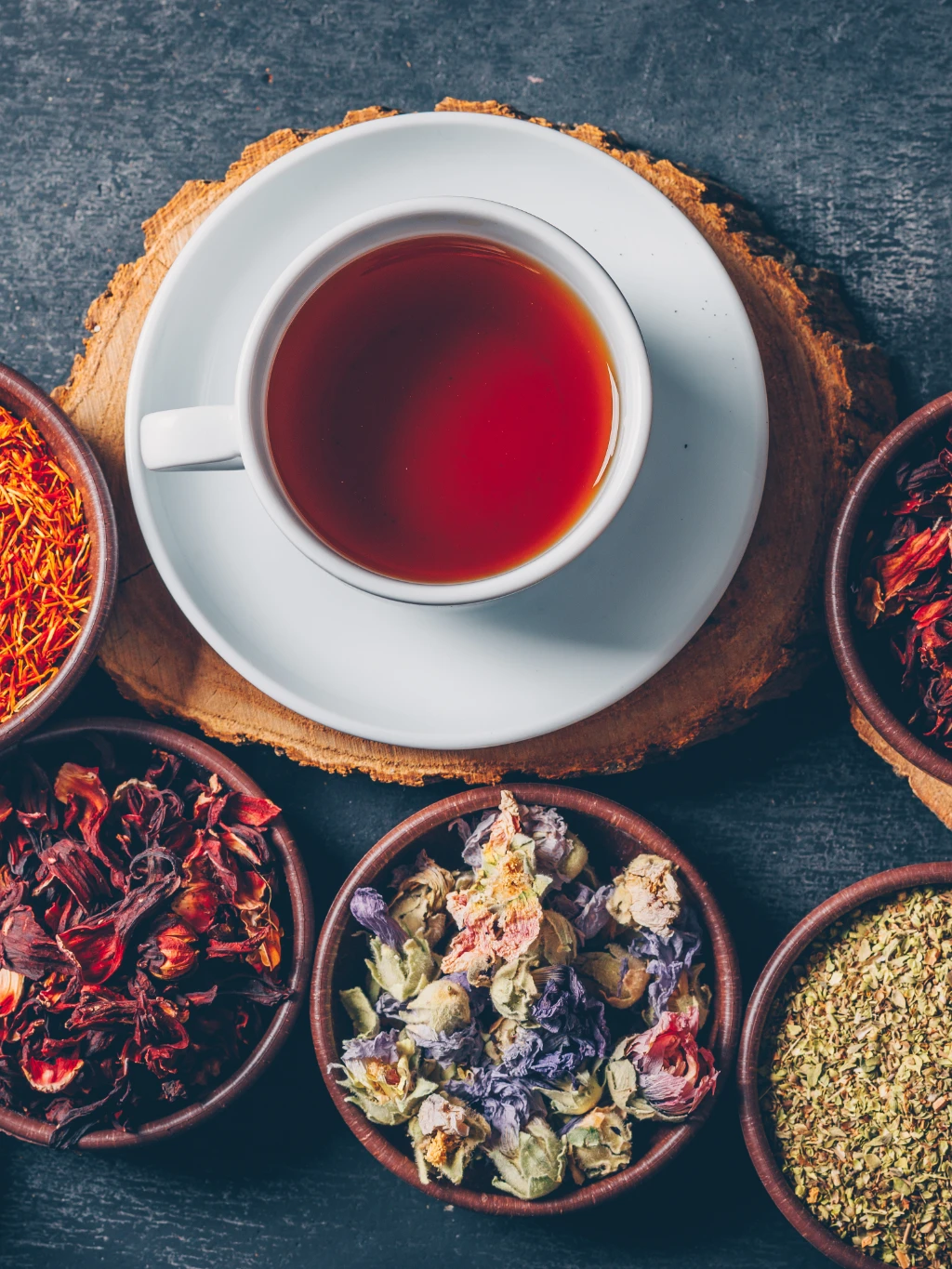
The Health Benefits of Teas & Tisanes
Herbalists claim that there are a range of health benefits to drinking teas and tisanes (herbal infusions). Many of these benefits haven’t been subjected to rigorous studies, so we decided to compile the plants whose health benefits have been tested. If you want to enjoy tea for a health boost, use our infographic below to discover the specific benefits of each:



Methodology
We compiled a comprehensive list of teas and tisanes and then entered them into WebMD’s Vitamins & Supplements Centre. This allowed us to discover which of the plant’s medical benefits could be backed by scientific studies.
WebMD analyse scientific studies to create an evidence-based effectiveness rating. They have seven categories ranging from ineffective up to effective. You can read more about their effectiveness levels here.
We only selected plants that were ranked as possibly effective or higher for the illness in question. We chose plants which had been tested for oral consumption and whose active ingredient would not be completely diminished by the brewing process, however the studies WebMD reference haven’t necessarily tested the plants by using a brewing process or tea consumption. For example, Rosehip would’ve been included as being beneficial for osteoarthritis sufferers, but unfortunately the active ingredient is diminished when heated.
This article was originally published in 2015.


